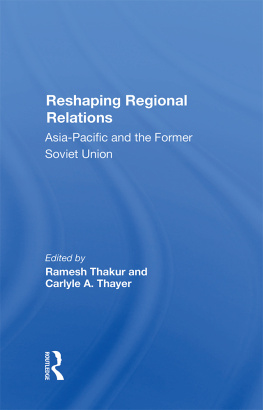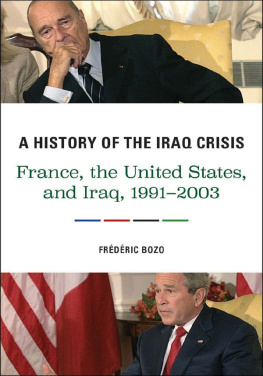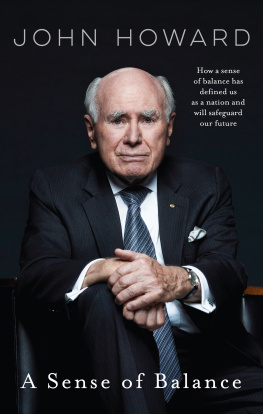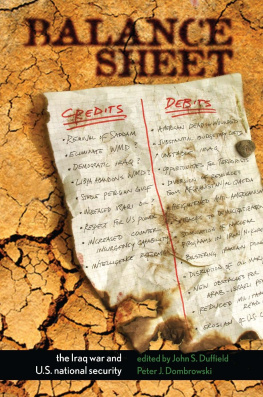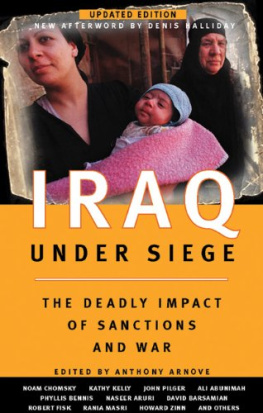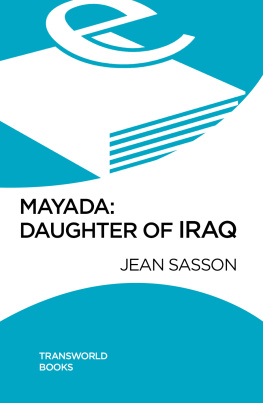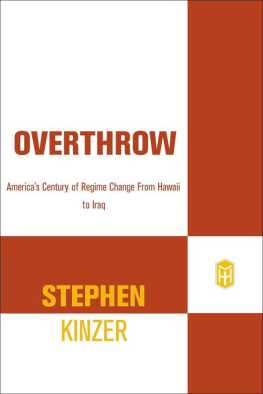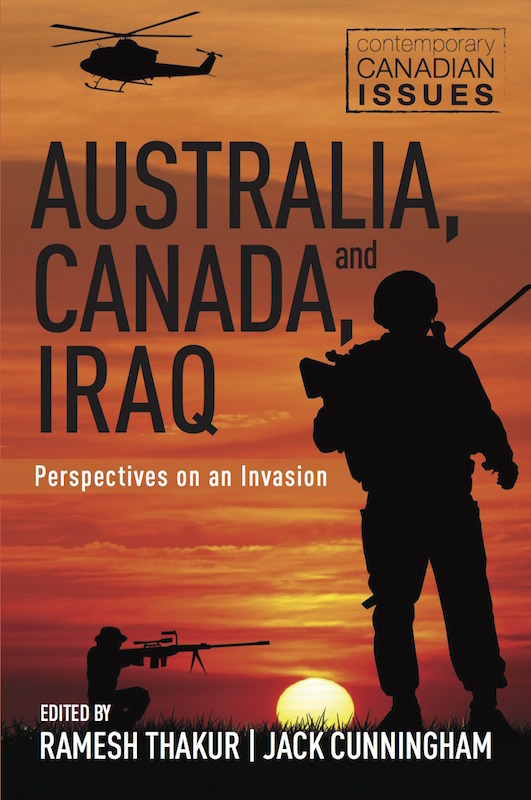Contemporary Canadian Issues

Contemporary Canadian Issues is a partnership between the Bill Graham Centre for Contemporary International History and Dundurn Press to bring together the latest scholarship, from inside and outside academe, on current issues of concern to an informed Canadian general readership. General Editors for the series are John English and Jack Cunningham.
Contemporary Canadian Issues
Australia and Canada in Afghanistan
Cover
Copyright
Copyright The Bill Graham Centre for Contemporary International History / Trinity College / The Munk School of Global Affairs, University of Toronto, 2015
All rights reserved. No part of this publication may be reproduced, stored in a retrieval system, or transmitted in any form or by any means, electronic, mechanical, photocopying, recording, or otherwise (except for brief passages for purpose of review) without the prior permission of Dundurn Press. Permission to photocopy should be requested from Access Copyright.
Project editor: Dominic Farrell
Copy editor: Natalie Meditsky
Interior design: Laura Boyle
Cover design: Laura Boyle
Cover image: adrenalinapura/ 123RF.com
Epub Design: Carmen Giraudy
Library and Archives Canada Cataloguing in Publication
Australia, Canada, and Iraq : perspectives on an invasion / edited by Ramesh Thakur and Jack Cunningham.
(Contemporary Canadian issues)
Includes index.
Issued in print and electronic formats.
ISBN 978-1-4597-3151-6 (pbk.).--ISBN 978-1-4597-3152-3 (pdf).-
ISBN 978-1-4597-3153-0 (epub)
1. Iraq War, 2003-2011. 2. Iraq War, 2003-2011--Diplomatic history. 3. Iraq War, 2003-2011--Participation, Australian. 4. Australia--Foreign relations--United States. 5. United States--Foreign relations--Australia. 6. Canada--Foreign relations--United States. 7. United States--Foreign relations--Canada. I. Thakur, Ramesh Chandra, 1948-, editor II. Cunningham, Jack (Historian), editor III. Series: Contemporary Canadian issues
DS79.76.A98 20155 956.70443 C2015-900545-0
C2015-900546-9
We acknowledge the support of the Canada Council for the Arts and the Ontario Arts Council for our publishing program. We also acknowledge the financial support of the Government of Canada through the Canada Book Fund and Livres Canada Books, and the Government of Ontario through the Ontario Book Publishing Tax Credit and the Ontario Media Development Corporation.
Care has been taken to trace the ownership of copyright material used in this book. The author and the publisher welcome any information enabling them to rectify any references or credits in subsequent editions.
J. Kirk Howard, President
The publisher is not responsible for websites or their content unless they are owned by the publisher.
Visit us at: Dundurn.com | @dundurnpress | Facebook.com/dundurnpress | Pinterest.com/dundurnpress
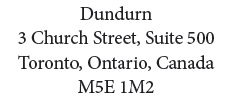
Dedication
In memory of Malcolm Fraser
Introduction
Jack Cunningham and Ramesh Thakur
The two long wars in Afghanistan and Iraq have now come to an end, at least insofar as the involvement of Western troops is concerned. Most Americans regarded Afghanistan as a war of necessity, forced upon the United States by an armed attack in the form of terrorist attacks in New York and Washington on September 11, 2001. By contrast, many Americans and most international observers viewed Iraq as a war of choice, whose justification, conduct, and consequences remain matters of intense controversy. Between them, the two wars shaped many of the contours of twenty-first- century international relations to date. They helped to define the nature of contemporary warfare and armed conflict; accelerated the shift of power, wealth, and influence away from the U.S.-led Western bloc; brought an end to the postCold War era of unchallengeable U.S. dominance of world affairs; and shook the foundations of the post-1945 multilateral order centred on the United Nations (U.N.). In addition, Iraq much more than Afghanistan inflicted considerable reputational damage on the United States with respect to its commitment to prevailing human rights standards and its competence at administering and rebuilding a defeated, occupied, and war-torn country. Not the least because of these lasting consequences, the two conflicts also compelled many long-standing U.S. allies to re-examine the bases of their relationships with the United States.
This volume originated in a conversation at the bar in Torontos InterContinental Hotel, at the close of a 2012 conference assessing the Canadian and Australian experiences in the recent conflict in Afghanistan. The conference was a joint endeavour of the Centre for Contemporary International History (since renamed the Bill Graham Centre for Contemporary International History) at the University of Torontos Trinity College and Munk School of Global Affairs, the Asia-Pacific College of Diplomacy at the Australian National University, and the Canadian Forces College. Looking back at the days events, Jack Cunningham, John English, Bill Graham, Ramesh Thakur, and William Maley agreed to arrange a follow-up conference on the Australian and Canadian decisions to respectively take part in and stand aside from the 2003 invasion of Iraq. They also agreed to proceed with two volumes of conference papers as part of the current series, with Maley and Cunningham to edit the volume on Afghanistan, and Thakur and Cunningham the one on Iraq. A year later, in Canberra for the conference on Iraq, they nailed down the details for this compilation.
These volumes are rooted in a shared interest in the similarities and differences between Australia and Canada in their policies toward recent international conflicts and their foreign and security policies more broadly. Both countries are parliamentary democracies along the Westminster model, with obvious cultural ties to and affinities with Great Britain as well as each other. Both are middle powers. And both have complicated relationships with their American ally. In the Australian case this is defined above all by distance, in the Canadian one by intimate proximity and profound economic interdependence. The two volumes of conference papers in this series can be seen as complementary, one dealing with a case where the two governments made essentially the same decision, and the other with an instance where they clearly did not.


